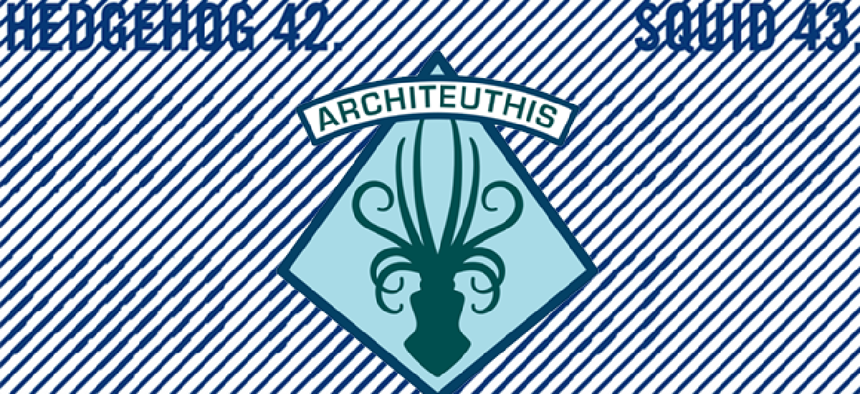Navy puzzle challenge blends social media, cryptology

The puzzle, consisting of daily clues posted on Facebook, targeted the cryptology community in an attempt to raise awareness of the Information Dominance Corps.
The Navy recently announced the winners of its cryptology puzzle game challenge: “Project Architeuthis.”
The puzzle, consisting of daily clues posted on Facebook, targets the cryptology technician community and was an attempt to raise awareness of the Information Dominance Corps. The challenge calls on Navy cryptology technicians to collect and analyze encrypted electronic communications, jam enemy radar signals, decipher information in foreign languages, maintain the state-of-the-art equipment, and defend and analyze networks.
Project Architeuthis (the Latin name for giant squid) began on April 28. The first 10 people to successfully complete the puzzle won the game. Developed in partnership with the Lowe Campbell Ewald (LCE) marketing agency, the challenge involved fictitious characters and social media profiles. In pursuing the game, characters interact with the Project Architeuthis Facebook page through posts to add layers to the story and provide clues when participants are stuck on a puzzle.
“Project Architeuthis is an innovative way to interact with a niche target,” said Kathleen Donald, chief operating officer of LCE in a statement. “The Internet is home to communities of people who enjoy complicated, story-based puzzle solving as a recreational pastime. Among them exists the kind of minds Navy cryptology is looking to attract. Games like this are a smart and engaging way to increase social traffic with intelligent, problem-solving people.”
The puzzles, intended to be difficult to solve, were developed by puzzle creation specialists from Puzzability. While many of the puzzles can be completed solo, some require a joint effort.
Gaming as a recruiting tool is not new to the military. An earlier puzzle game designed to attract cryptologists, an alphabet-based Vigenere cipher posted on Facebook, was “solved it in about five minutes,” LCE associate creative director Eric Bookout told Mashable.
“We’re not capturing data, so it’s not a direct recruitment tool,” Bookout said in the Mashable article. “But we’d love to see it become a real competition. And if people think it’s a cool game, maybe they’ll walk away with a positive image of the Navy.”
Last December DARPA’s Crowd Sourced Formal Verification (CSFV) program launched a Verigames portal that used crowdsourcing to perform formal software verification faster and more cost-effectively than conventional processes. The goal was to transform verification into a more accessible task by creating fun, intuitive games that reflect formal verification problems. Playing the games would effectively help software verification tools complete corresponding formal verification proofs.
The Verigames portal offers free online games that translate players’ actions into program annotations that help formal verification. According to DARPA, gameplay “generates mathematical proofs that can verify the absence of certain software flaws or bugs in common open source software written in the C and Java programming languages.”
If harmful code is discovered, DARPA will notify the organization responsible for the affected software.
“We’re seeing if we can take really hard math problems and map them onto interesting, attractive puzzle games that online players will solve for fun,” said Drew Dean, DARPA program manager, in a statement launched with the games. “By leveraging players’ intelligence and ingenuity on a broad scale, we hope to reduce security analysts’ workloads and fundamentally improve the availability of formal verification.”





